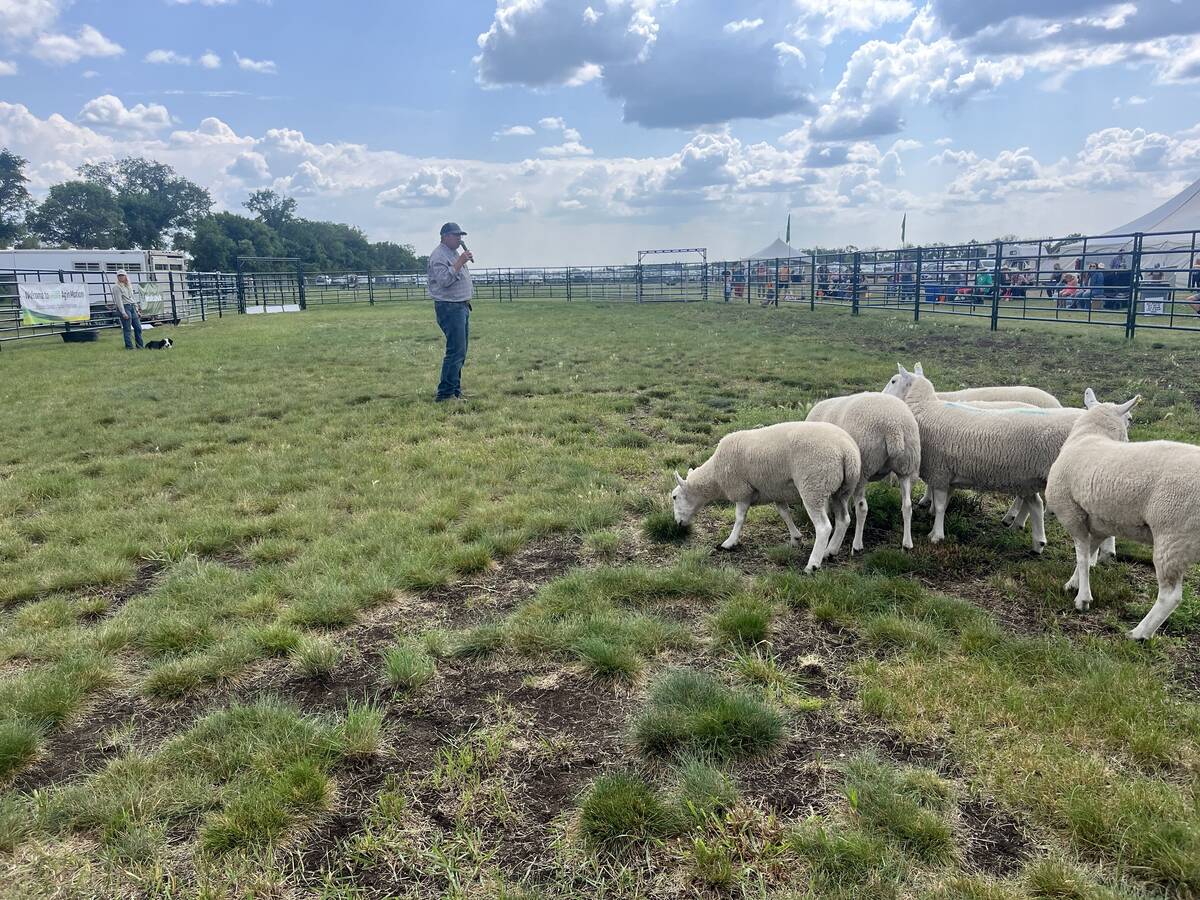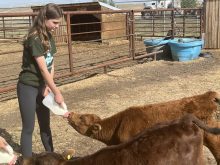The board may grant, deny and even revoke pardons for convictions under federal acts and regulations. There are a number of types of pardons. A free pardon is an absolute pardon, usually granted where the government recognizes someone was wrongfully convicted of a crime.
A pardon is a legal procedure leading to a determination or decision, which allows people who were convicted of a federal crime to have their criminal record kept separate and apart from other criminal records. It does not totally expunge your record from all sources for all time.
Read Also

Stock dogs show off herding skills at Ag in Motion
Stock dogs draw a crowd at Ag in Motion. Border collies and other herding breeds are well known for the work they do on the farm.
You must have completed your sentence and be able to show you have had no brushes with the law for a designated time period. That varies with the offence for which you were convicted.
A pardon is also a decision, or evidence of a decision, that the federal conviction should no longer reflect negatively on a person’s character.If you receive a pardon, your criminal record is segregated from all the other criminal records.If a prospective employer demands a criminal record check, it will not turn up your prior conviction if you have obtained a pardon.
The Canadian Human Rights Act forbids discrimination by federal agencies and departments based on a pardoned record. If you’re seeking a job with the federal government, your pardoned record cannot work against you.
The second part of the test for a pardon is good conduct. The parole board must be satisfied that you have not had encounters with the law in the years between your conviction and your application for a pardon. The legislation gives some guidance to the board and defines good conduct as behaviour that is consistent with and demonstrates a law-abiding lifestyle.
If you have been convicted of another federal offence during that time, your request for a pardon will likely be denied, but there are other criteria open to the board.
The board can consider a wide number of matters. If you’ve been charged with an offence that was subsequently withdrawn or stayed, the board can still consider it, especially where the charges are serious.
Convictions under provincial laws can also be considered. If you are seeking a pardon for a .08 charge from years ago and have no federal convictions, but have racked up a string of tickets for open liquor in a vehicle, the board can take that into account.
If the board has enough questions about whether to grant you a pardon, it can order a hearing and call witnesses.
How long you must wait before applying depends upon the criminal offence for which you were convicted. If it was a summary conviction offence, the minimum period is three years. If it was a more serious indictable offence, you must wait a minimum of five years. A case of drinking and driving could be either.
The board can revoke a pardon if you are subsequently convicted of a criminal offence or if you lied to obtain the pardon.
Pardon application forms are available from your local police force, the parole board or at www.npb-cnlc.gc.ca/prdons/pardon-eng.shtml.
The website has a useful answer page at www.npb-cnlc.gc.ca/infocntr/factsh/pardon-eng.shtml.
















